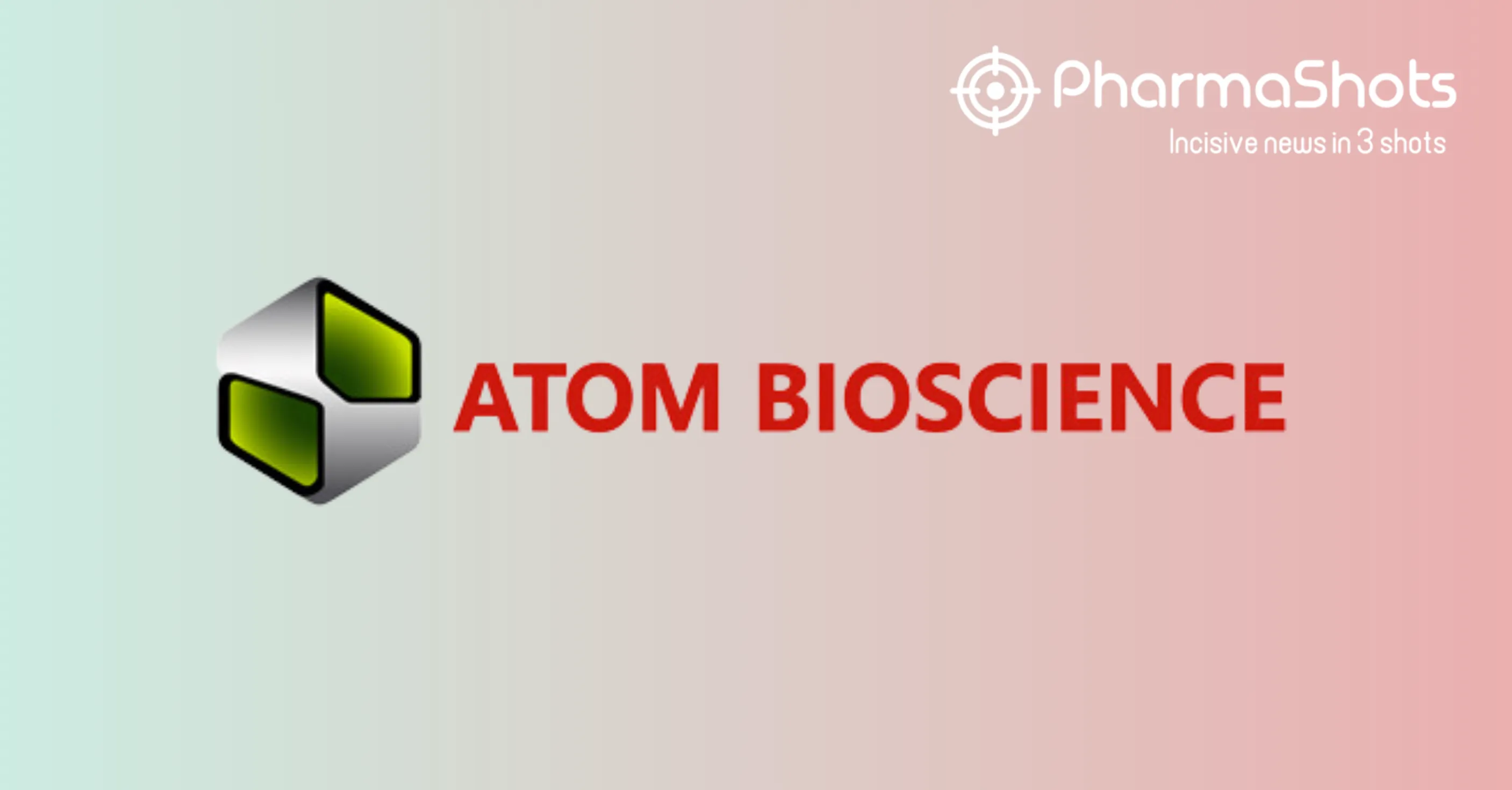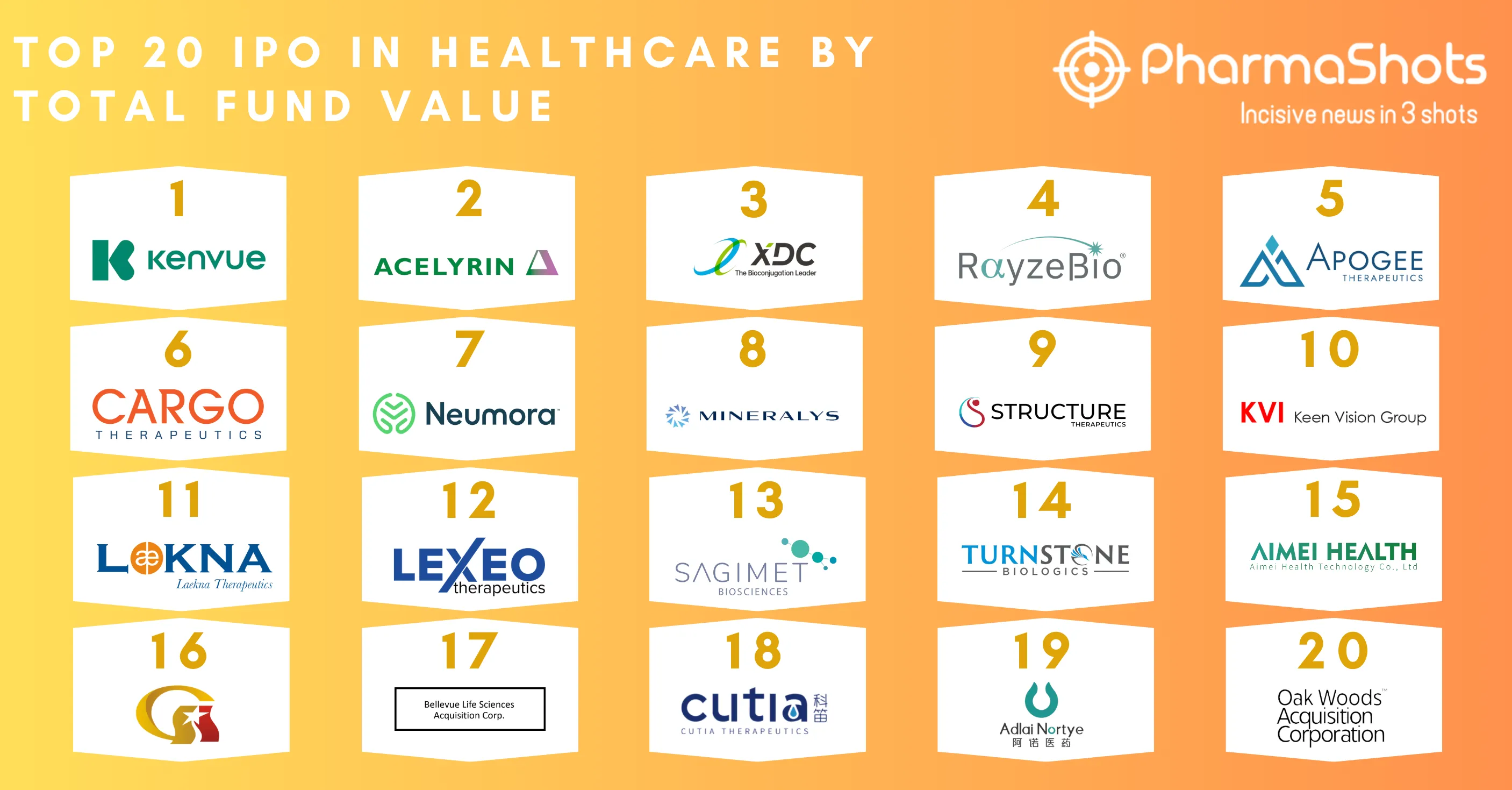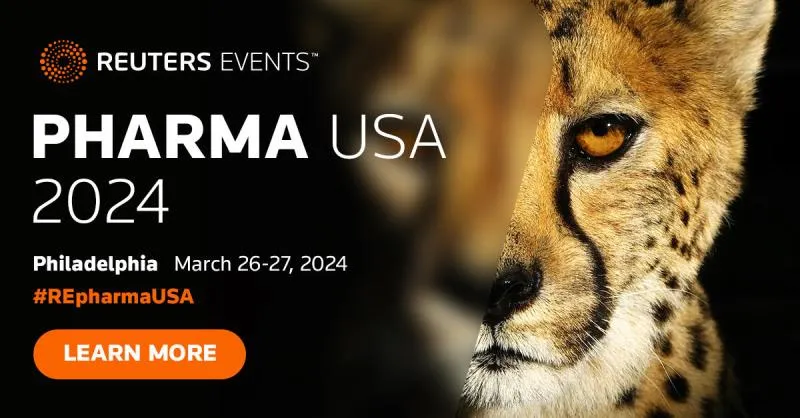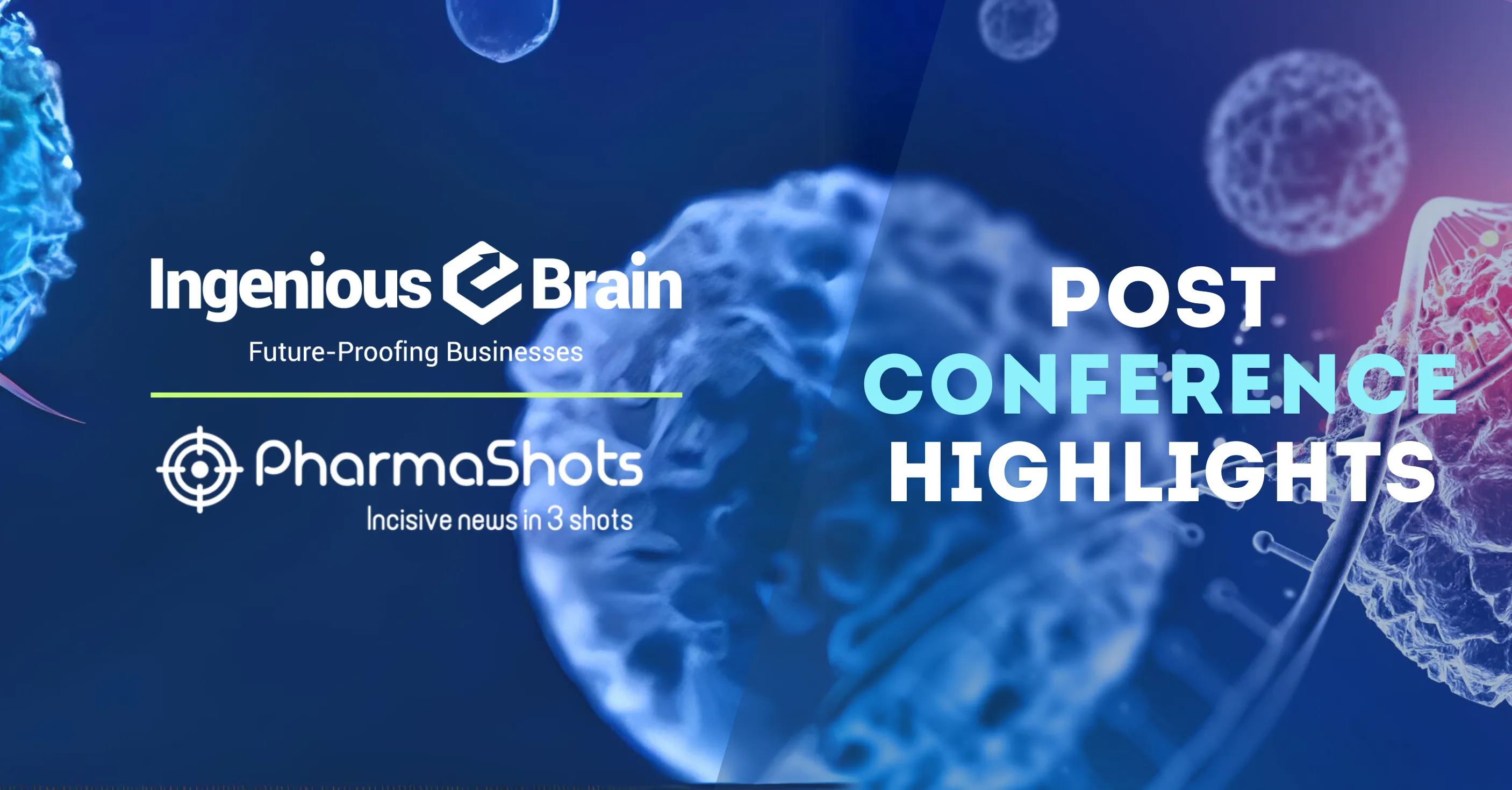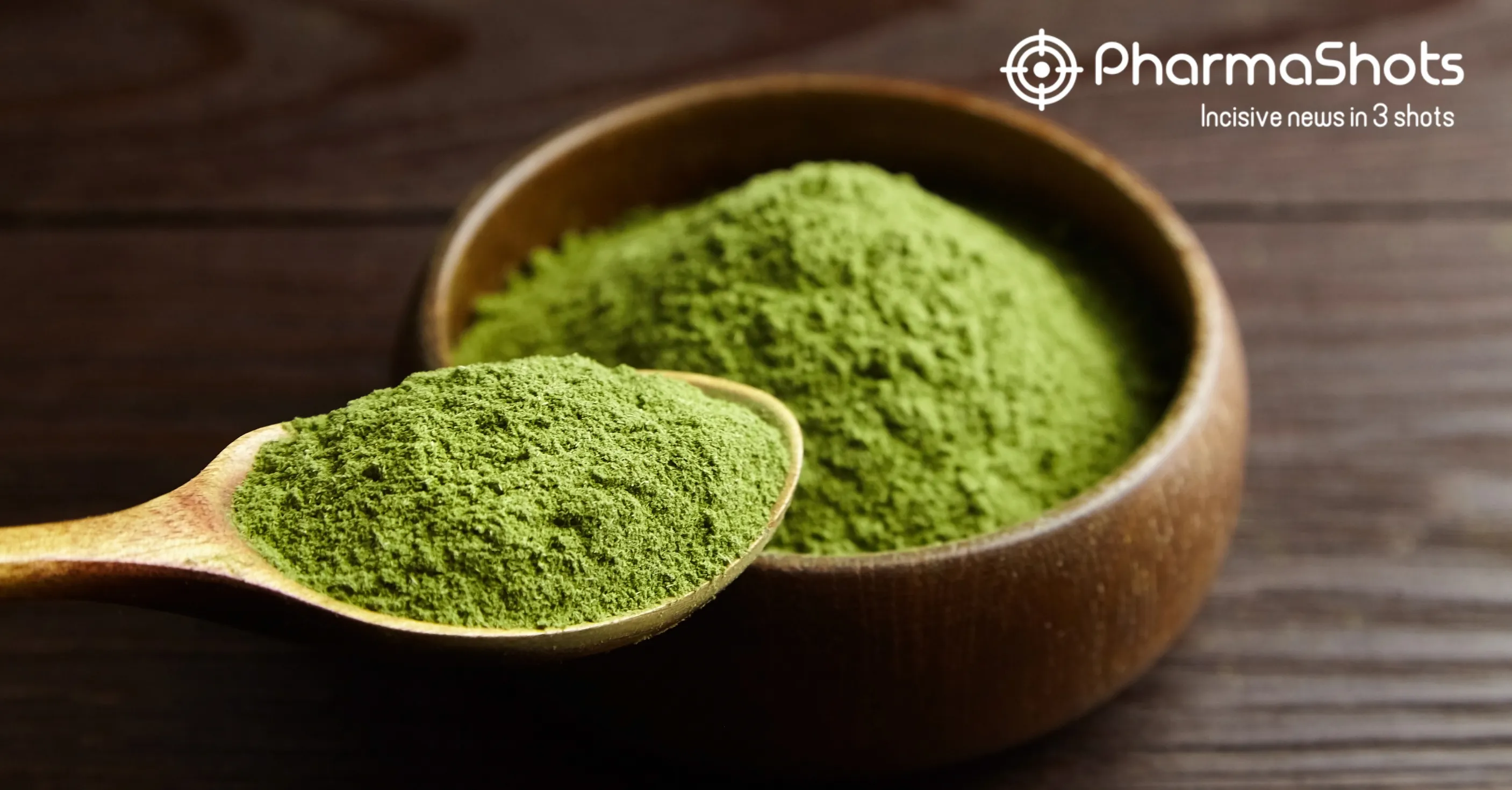
Adjunctive Nutraceutical Therapies Supporting Immunity in COVID-19
Nutraceuticals such as active phytochemicals, functional foods, and dietary supplements have medicinal properties and a variety of health benefits. The Indian subcontinent has been renowned for a home to various medicinal plant species because of climate conditions. These medicinal plant species have a novel role in managing multiple illnesses, including viral respiratory diseases, through immune system modulation. 1
Nutraceuticals have an important role in the treatment of COVID-19 therapy. These novel bioactive molecules with therapeutic action have an important role in viral infections such as COVID-19 focuses on current medical research. In COVID-19, the use of nutraceuticals as adjunctive therapy may be beneficial in the treatment or prevention of illness. 2
Plants beneficial in the treatment of respiratory illnesses 1-

Vitamins- Vitamins are an essential component in regulating physiological processes in the body. Ascorbic acid or Vitamin C are known to have anti-inflammatory, immunomodulatory, and antioxidant characteristics, proving useful in COVID-19 patients. Several ongoing studies are evaluating the usefulness of vitamin C in the treatment of SARS-COV-2 infection.
Clinical evidence of vitamins as adjunctive therapy in Covid-19
| Vitamin | Clinical significance |
| Vitamin C (24gm/day) | Ventilator-free days and 28-days mortality. |
| Vitamin C (50mg/kg), Vitamin E and Vitamin D | Anti-inflammatory and antioxidant activity. |
| Vitamin D | Reduce the risk of respiratory infections (p<0.001). |
Selenium: Selenite, a type of selenium stops the entrance of viruses into healthy cells. Hence, selenium can be effectively used in the treatment of COVID-19.6
Zinc: It is the second abundant trace element and an essential dietary supplement used for the preservation of immunity. Zinc is helpful for the treatment of upper respiratory tract viral infection and hence can also be beneficial in the management of COVID-19. Zinc may also inhibit the attachment of the virus to nasopharyngeal mucosa and also stop the viral replication. In vitro studies have demonstrated that zinc may inhibit template binding and elongation of SARS-COV-1 RNA-dependent polymerase bitch helps in the prevention of viral replication. Another study in patients with COVID-19 who had zinc deficiency required more corticosteroids in management and was also associated with a longer hospital stay. 2
Melatonin: It has anti-oxidative, anti-inflammatory, and immunomodulatory characteristics, which can be beneficial in treating COVID-19 infection. Melatonin has proved to be effective in downregulating acute lung oxidative injury and inflammation. Immunomodulatory effects of Melatonin are through enhancing maturation and proliferation of lymphocytes. 2
Other Phytochemicals 2:
Many Phytochemicals possess immunomodulatory, antiviral, and anti-inflammatory properties, which have been previously evaluated for multiple viral infections and may prove beneficial in the management of COVID-19 patients.

Ginger has anti-inflammatory and antiviral effects, which can be effective in the treatment of COVID-19 symptoms. Other functional foods such as honey have antibacterial, anti-inflammatory, antiviral, and antioxidant characteristics. Honey comprises enzymes, vitamins, phenolic acids, amino acids, flavonoids, and minerals. Broccoli sprouts have antioxidant activity, which is helpful in downregulating virus RNA level and manage the infection. 2
Glutathione: The anti-inflammatory effects of the master antioxidant of reduced glutathione (GSH) are exerted through the inhibition of ACE activity, decrease of reactive oxygen species (ROS) production, and reduction of NF-kB activation. The balance ACE/ACE2 is shifted toward ACE by the oxidized form of glutathione (GSSG) and by renin (the circled arrows pointing upwards indicate the induction of ACE) and by viral infection. A trial of 2 g of PO or IV glutathione was used in two Covid-19 patients that improved their dyspnea within 1 h of use. Repeated use of both 2000 mg of PO and IV glutathione was effective in further relieving respiratory symptoms.
Astaxanthin: It has a strong anti-inflammatory and antioxidant action. Astaxanthin acts with the role of Janus kinase/signal transducer and activator of transcription (JAK/STAT) in the initiation of interferon-stimulated response elements (ISRE), attenuating the pathway would play a crucial role in avoiding the inflammation in COVID-19. 3
Curcumin: It is the active ingredient of Turmeric that has anti-inflammatory activities. Curcumin has shown clinical evidence as an effective agent for the treatment of COVID-19. 4
Andrographis paniculate: The active ingredient is andrographolide and it has a potent inhibitory effect against COVID-19. Andrographolide binds with spike glycoprotein of SARS-CoV-2 and acts as a prophylactic agent for limiting viral entry into the host cells. 5
To summarize, nutraceuticals have paved the way for the management of COVID-19 infection. They may be beneficial as supportive therapy. Multiple nutraceuticals have already proved their activity against viral infections and other species of coronaviruses. Only a few nutraceuticals have been clinically studied in Covid-19. They may be beneficial in reducing the severity of illness. Further research and good quality clinical trials need to be conducted. Clinical data regarding efficacy and safety will help physicians in clinical decision-making.
References-
- Patel B, Sharma S, Nair N, Majeed J, Goyal RK, Dhobi M. Therapeutic opportunities of edible antiviral plants for COVID-19. Molecular and Cellular Biochemistry. 2021 Feb 15:1-20.
- Subedi L, Tchen S, Gaire BP, Hu B, Hu K. Adjunctive Nutraceutical Therapies for COVID-19. International Journal of Molecular Sciences. 2021 Jan;22(4):1963.
- Fakhri S, Nouri Z, Moradi SZ, Farzaei MH. Astaxanthin, COVID-19 and immune response: Focus on oxidative stress, apoptosis, and autophagy. Phytotherapy Research. 2020 Nov 1.
- Babaei F, Nassiri-Asl M, Hosseinzadeh H. Curcumin (a constituent of turmeric): New treatment option against COVID-19. Food science & nutrition. 2020 Oct;8(10):5215-27.
- Sa-ngiamsuntorn K, Suksatu A, Pewkliang Y, Thongsri P, Kanjanasirirat P, Manopwisedjaroen S, Charoensutthivarakul S, Wongtrakoongate P, Pitiporn S, Khemawoot P, Chutipongtanate S. Anti-SARS-CoV-2 activity of Andrographis paniculata extract and its major component Andrographolide in human lung epithelial cells and cytotoxicity evaluation in major organ cell representatives. bioRxiv. 2020 Jan 1.
- Kieliszek M, Lipinski B. Selenium supplementation in the prevention of coronavirus infections (COVID-19). Medical hypotheses. 2020 Oct 1;143:109878.
Related Post: ViewPoints Article: Role of Digital Technology in Improving Diagnosis

Dr. Sunaina Anand, Pharm. D is a Clinical Pharmacist. She currently serves as Medical Affairs Executive in IntelliMed Healthcare Solutions. She previously interned in Tata Memorial Hospital and Columbia Asia Hospital, Bengaluru.



